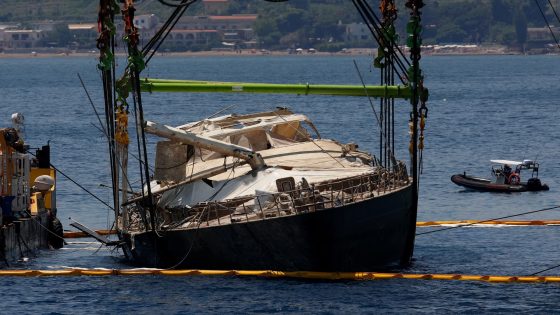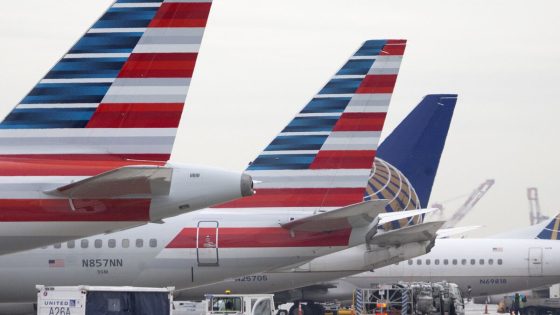The French Riviera resort of Cannes is taking a bold step against overtourism by imposing strict regulations on cruise ships. Starting January 1, 2025, only vessels carrying fewer than 1,000 passengers will be allowed to dock in its harbor, reflecting a growing global trend to manage tourism sustainably.
- Cannes bans cruise ships over 1,000 passengers.
- Growing global backlash against overtourism.
- New regulations aim for less pollution.
- Economic benefits of cruise tourism acknowledged.
- Nearby cities also limiting cruise ship access.
- Cruise operators criticize the new restrictions.
This decision comes amid rising concerns over the environmental impact of large cruise ships and the strain they place on local resources. Cannes, known for its prestigious film festival, is not alone; cities like Nice are also implementing similar restrictions to protect their cultural and natural heritage.
This move raises important questions about the future of tourism in popular destinations. How will these regulations affect local economies and the travel experience? As cities grapple with balancing tourism’s economic benefits and environmental concerns, several key points emerge:
- Local economies benefit from cruise tourism but face challenges from overcrowding.
- Smaller ships may provide a more sustainable travel option.
- Regulations could set a precedent for other tourist hotspots globally.
- Tourists may need to adapt to new travel norms and options.
As cities like Cannes lead the way in regulating tourism, travelers and operators alike must consider how to adapt to these changes. Will this shift encourage more responsible travel habits?
































